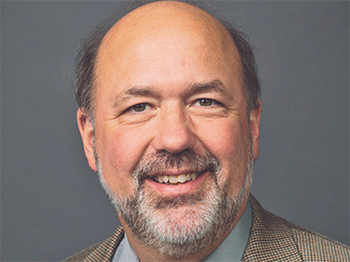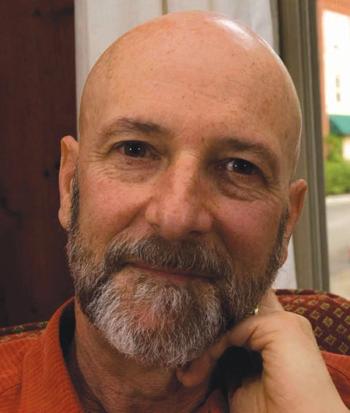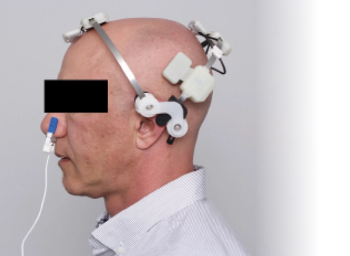
“If someone were to write a book about your life, living with your illness, and all you have seen and suffered and survived, what might be a good title for that book?”

“If someone were to write a book about your life, living with your illness, and all you have seen and suffered and survived, what might be a good title for that book?”

The Clean Air Act (CAA) turned 55 years old last year. Most millennials and Gen Xers have had little idea what this legislation has meant for us, even though it may have given us each almost a year of productive life.

Practicing mindfulness has become a foundational treatment in various mental health professions.

In today’s busy world, everyone is stretched thin for time. Information is coming from all directions, and we are expected to respond at a moment’s notice.

This CME article provides an understanding of the treatment modalities for the management of nonsuicidal self-injury (NSSI) in adolescents.

The current Tree of Medicine is rooted in its Hippocratic soil. There are moral absolutes that our profession should stand up for, in spite of legislative or popular pressure, say the authors.

Infectious outbreaks have shaped the psyche of humanity for times immemorial.

I imagine Emma on a winter night, an eight-year-old curled fireside in a wing chair, proving her skill with weeping willows...

Mental illness accounts for a third of all years lived with disability and is associated with twice the relative risk of all-cause mortality. An estimated 8 million deaths are attributable to mental disorders every year, with two-thirds due to comorbid medical illness.

Harnessing this drug interaction can reduce clozapine's metabolic risks, but it needs to be done with care.

The use of analogies can improve the patient-clinician relationship, foster the therapeutic alliance, and open a dialogue for psychoeducation.

Psychiatry plays a central role in exploring and treating the depths of human experience captured by the word “soul.”

According to the authors, physician aid in dying for persons with severe mental illness is gaining acceptance. More In this point/counterpoint.

How we respond to political issues in society is the quintessential ethical challenge mental health clinicians face today. Should psychiatrists set aside diagnosis of public figures amidst sweeping changes in the United States?

What is more concerning? The voices in his head or not being able to decipher them without a hearing aid?

Researchers provide clues to whether there is a causative association between exposure to stress and a predisposition to drug abuse.

This article describes a model for anorexia nervosa that is useful when working with patients or families to help them understand the complexity of the illness.

Eating disorders (ED) are associated with significant comorbid psychopathology and the most extensive medical complications of any psychiatric disorder.

Avoidant restrictive food intake disorder, or ARFID, is a newly introduced eating disorder in DSM-5. Given that the disorder was introduced in 2013, it remains unclear how prevalent ARFID is in the general population.

A psychiatrist attempts to stay positive while facing her parents' and loved ones' premature deaths-ever reminding us that hope springs eternal.

The treater who assumes a dual role as either disability examiner or forensic expert faces ethical risks because of the inherent binds in the roles.

Physician-assisted suicide violates the norms of Hippocratic medical ethics. Involuntary hospitalization to prevent suicide affirms those norms, according to the authors.

Processed foods, also described as “junk-food,” are often reported to be highly addictive in humans-leading to behavioral effects such as overeating, eating compulsions, and loss of control.

An international task force of experts in the diagnosis and treatment of bipolar disorder was recently convened to address concerns about DSM-5 criteria, particularly the definitions of manic episodes. The DSM’s duration criteria is an area of concern.

A radical and urgent perspective about the realities of climate change.

"Go out into the real world; work in prisons, in run-down towns with high unemployment or with refugees or in remote areas. Go overseas or into underprivileged parts of your own country. And that is how you learn about real psychiatry," says Niall McLaren, MBBS, FRANZCP, in the next installment of Conversations in Critical Psychiatry.

Christian Pitzold’s haunting 2019 film, based on Anna Seghel’s masterful 1942 novel.

In light of recent failed trials, why would another trial by a small Canadian company be expected to succeed against the odds?

It’s not mental illness.

What will the approval of a transdermal patch mean to patients with schizophrenia as well as psychiatrists looking for innovations in mental health care?